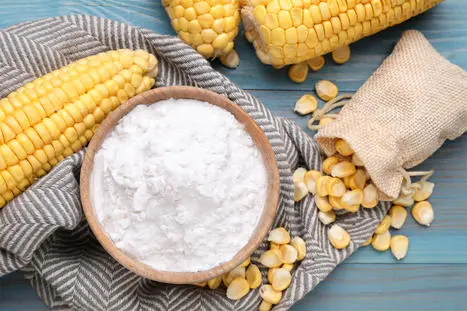- +86-28-86155036
- [email protected]
- en
Maltitol powder is a sugar alcohol derived through the hydrogenation of maltose from starches such as corn or wheat. It provides around 75–90% of the sweetness of sugar with roughly half the caloric value, making it an attractive alternative for reduced-calorie and sugar-free products.

Sugar-Like Taste & Texture
Maltitol powder offers a clean sweetness very close to sucrose without any lingering aftertaste.
Thermal Stability & No Browning
Unlike sugar, maltitol powder does not brown or caramelize under heat, which is ideal for heat-sensitive formulations.
Tooth-Friendly Profile
It is not fermented by oral bacteria, so maltitol powder does not contribute to tooth decay.
Lower Calorie Impact & Reduced Glycemic Response
With fewer calories and a more moderate effect on blood glucose than sugar, maltitol powder is well-suited for diabetic-friendly and weight management products.

Maltitol powder is widely used in various sectors:
Food and Confectionery – In sugar-free candies, chocolates, baked goods, ice creams, and syrups.
Pharmaceuticals – As a sweetening excipient in tablets, syrups, and coatings.
Oral Care – In chewing gums, toothpastes, and mouthwashes due to its non-cariogenic nature.
While generally recognized as safe, excessive consumption of maltitol powder (over 90 g per day) may lead to mild digestive discomfort such as bloating or a laxative effect. Controlled usage ensures optimal benefits without unwanted side effects.
| Function | Description |
|---|---|
| Sweetening Power | ~75–90% as sweet as sugar, with reduced calories |
| Heat Behavior | Stable, no caramelization or browning during heating |
| Dental Safety | Non-cariogenic; does not promote tooth decay |
| Metabolic Impact | Lower glycemic response and moderate caloric intake |